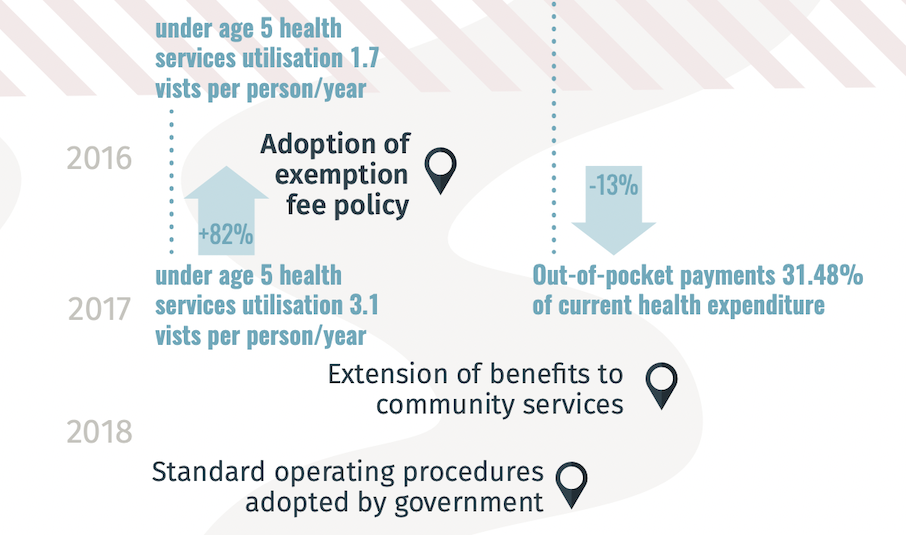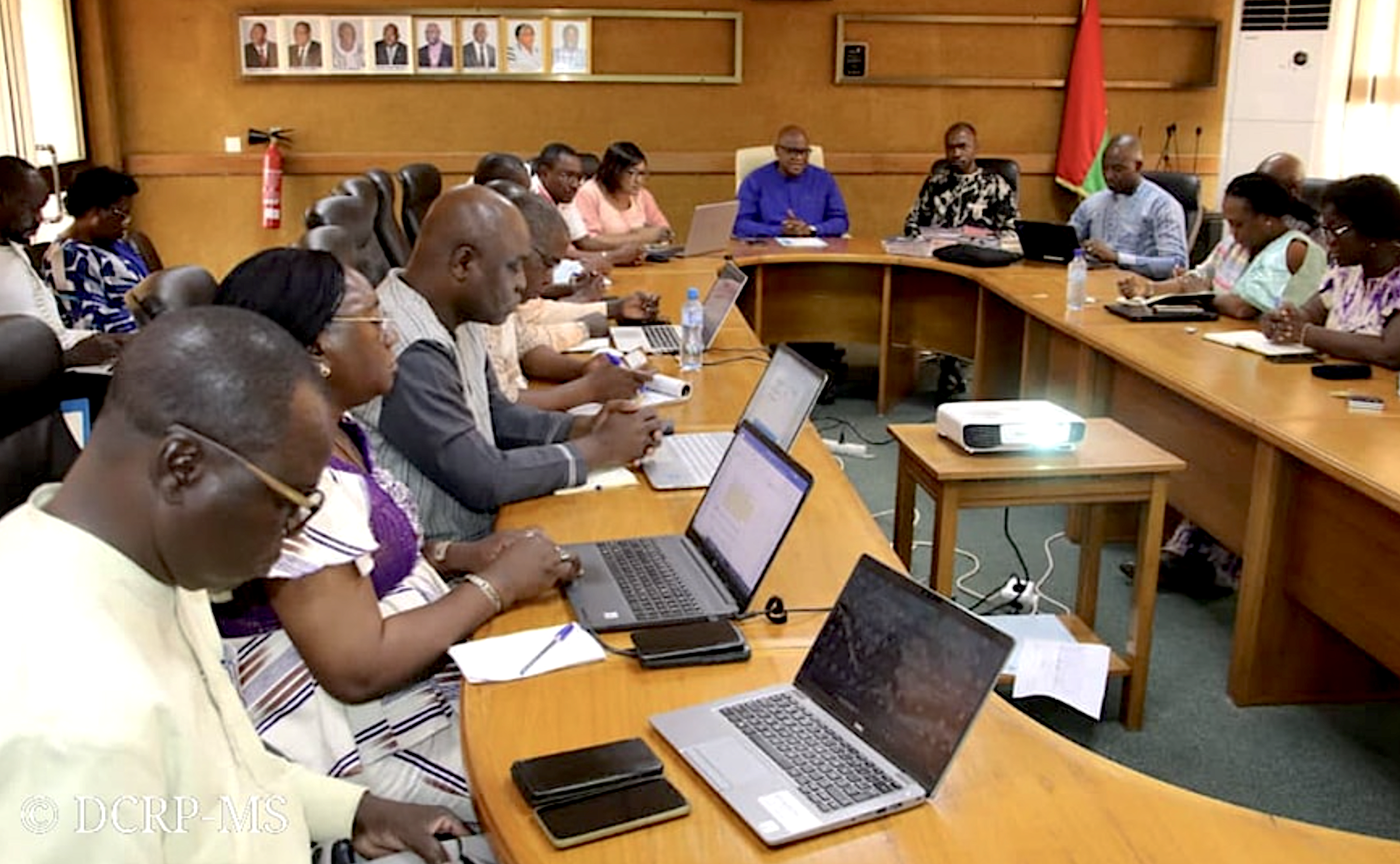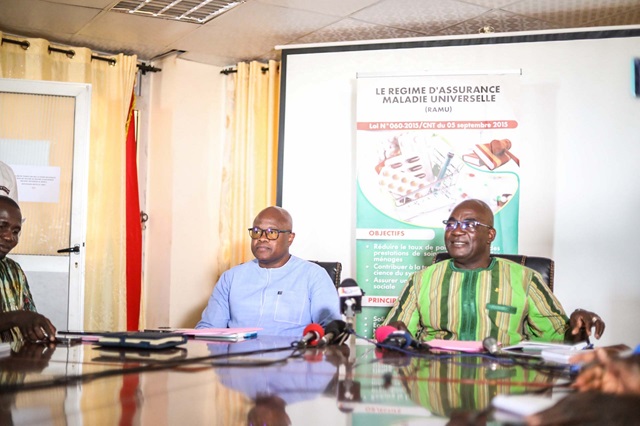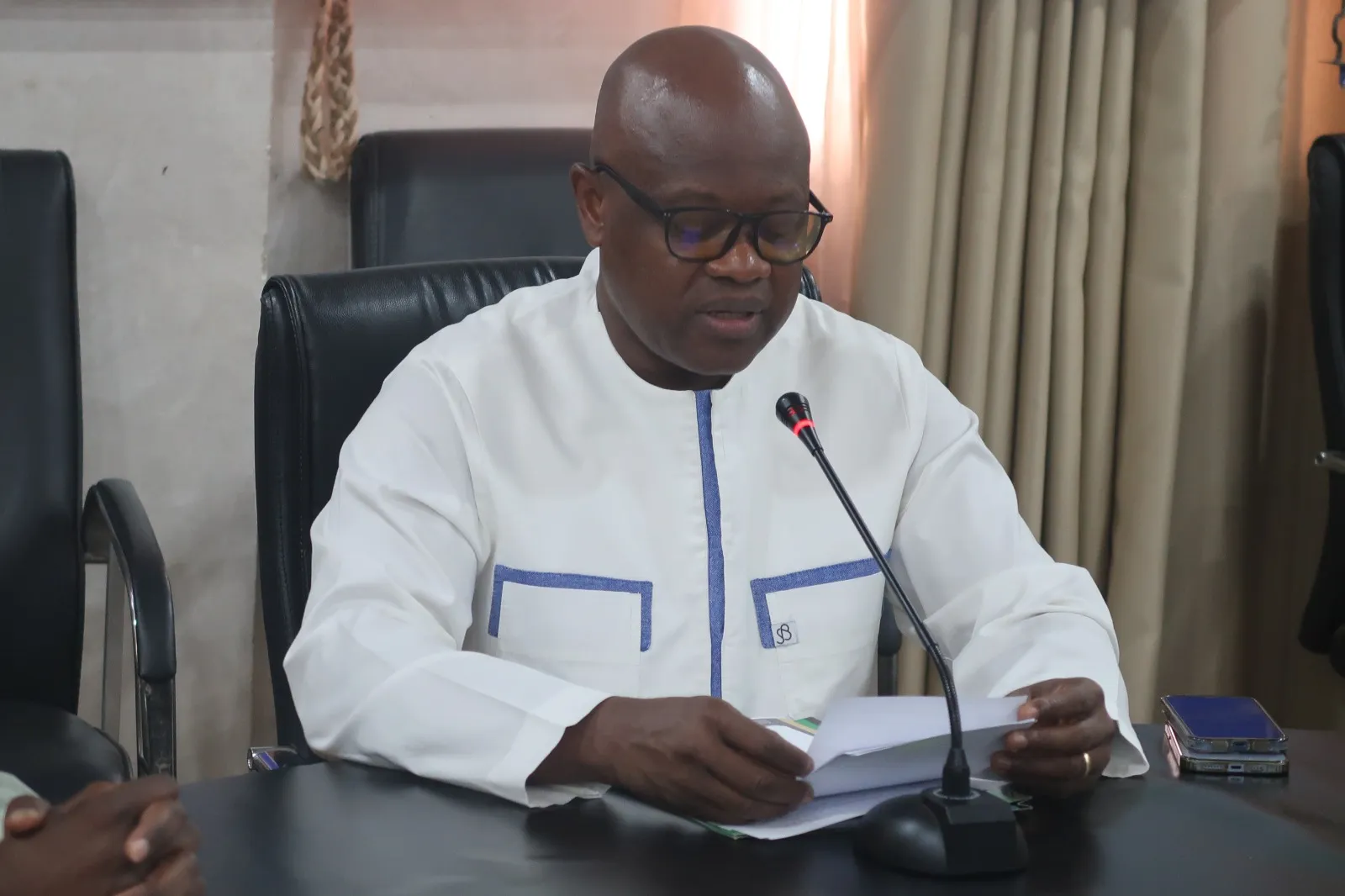Out-of-pocket (OOP) payments fell drastically after the exemption fee mechanism for pregnant women and children under 5 years of age was introduced in 2016; it has remained lower than in many countries in sub-Saharan Africa since. Catastrophic health spending stands at 10%. Although this level is not so high, unmet needs are unknown. The government’s share of health sector expenditures is one of the highest in the sub-Saharan region. Two main social health protection schemes distinguish the fragmentation of Burkina Faso’s health financing system: the above-mentioned exemption fee mechanism and the Universal Social Health Insurance [Régime d’assurance maladie] (RAMU), which was created by a 2015 law. Performance-based financing is not integrated into either of these schemes.
The legal and institutional framework remains to be completed
Burkina Faso adopted remains to be evaluated. The agency in charge of implementing RAMU [Caisse nationale d’assurance maladie universelle] (CNAMU) was created in 2018 as an autonomous public institution under the technical authority of the ministry in charge of social protection. The agency subcontracted community-based health insurance operators and benefited from financial support from the government to implement pilot projects.
CNAMU covered several thousand vulnerable people in the period 2019- 2021. RAMU has been significantly challenged by security issues in the country, political turmoil, national budget pressures and institutional instability. The decrees that will define the conditions of coverage of the RAMU were passed 9 August 2023. The handover of the exemption fee mechanism for pregnant women and children under 5 to the CNAMU has been, for the most part, jointly agreed, but this exemption fee mechanism and the RAMU remain separate. While the former has been covering 25 % of the population with a budget of US$ 60 million with success for seven years (2016-2023), the latter has yet to show its institutional strength and operational capacities.




